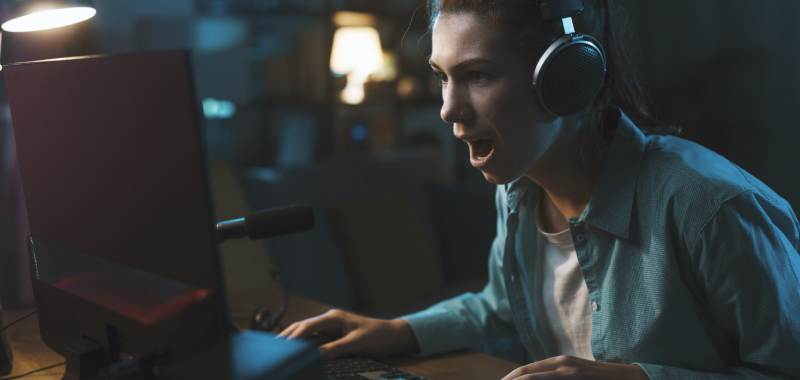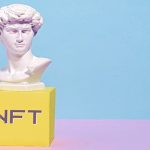
Intellectual property of video games
Video games are works protected by intellectual property rights. This assertion is clear from both the international perspective, that is, the Berne Convention, and national regulations, the Legislative Royal Decree 1/1996 of April 12, which approves the revised text of the Intellectual Property Law, regulating, clarifying and harmonizing the current legal provisions on the subject (hereinafter “IP Law“).
However, once we accept this assertion, questions arise, especially when we try to define what type of work a video game is. This issue, although it may seem trivial and a debate for academics, is not, given that for years, it has been affirmed that the holders of intellectual property rights will vary depending on the definition.
In a nutshell, part of the doctrine holds that it is an audiovisual work, whose intellectual property rights holders are exclusively the director, the authors of the plot, adaptation, script or dialogues and the authors of the musical compositions, with or without lyrics, created especially for this work. Other specialists hold that it is a computer program that has its specific regime in Title VII of Book II of the IP Law, and finally, another sector holds that it is a multimedia work, a definition that the reader will not find in the IP Law and which leads us to evaluate whether we are dealing with a collaborative work or a collective work, where the differential factor is whether the work, the video game, is created by the initiative and under the coordination of a natural or legal person who edits and disseminates it under their name. This is what usually happens when working with video game developers, whether mainstream or indie.
Faced with all this doctrinal dilemma, how has our jurisprudence pronounced itself? Well, very little, the few times it has indirectly addressed this issue, it has approached its definition to computer programs.
In my opinion, this discussion takes us away from the focus and essence of intellectual property and the IP Law. We just have to remember that said law establishes a catalog of classes of works protected by this right that is not numerus clausus, it is open because legislator, with good judgment, understood that, since works are the result of creativity, they can evolve and mutate. Therefore, the debate is itself sterile and artificial, and it takes away from the reality of the object of protection and a fundamental principle of intellectual property, which is the protective character of the law with authors. Let’s remember that the author is so by mere creation, so if we can consider the creation of an author as a work, our IP Law protects it. In the end, if creations are original, whether literary, artistic or scientific, expressed by any means or medium, tangible or intangible, currently known or to be invented in the future, they are protectable, they are works.
And it is that video games are a complex work, rich in nuances that integrates different creators, often on commission. It is only necessary to review the contracts of the video game developer: which instructs its workers on how to code the original idea of a third party; which agrees with a composer on the use of some musical themes; or which negotiates the incorporation of some character sketches with a graphic designer.
In short, what is important is that each participant assesses whether their contribution can be a work according to the above and takes it into account when negotiating their corresponding contract, and that the developer, in order to safely exploit the video game, includes with the parties involved in the development, the clauses for the assignment of intellectual property rights in their favor, expressly indicating the objective, temporal and spatial scope in which the assignment is made, without prejudice to the presumptions made in the legal text itself.
Lastly, for all of you readers who play video games, a call to action: you may be game developers and not even know it. Remember when you spent hours configuring that character down to the smallest detail or when you created that impossible level that no one in the community could beat? Well, as long as your creations meet the criteria we’ve seen in this article, you are authors!
We specialize in intellectual property and can assist you with any legal questions related to the video game industry.

Letslaw es una firma de abogados internacionales especializada en el derecho de los negocios.







